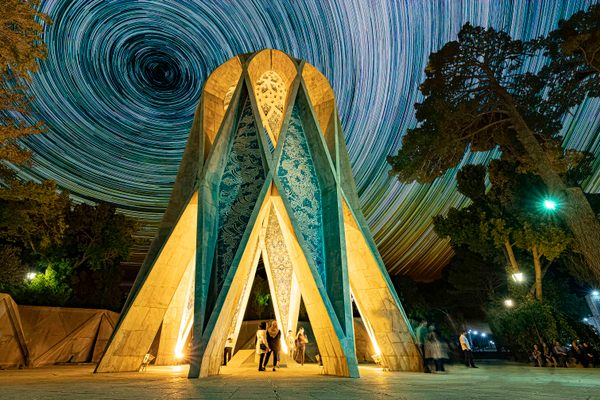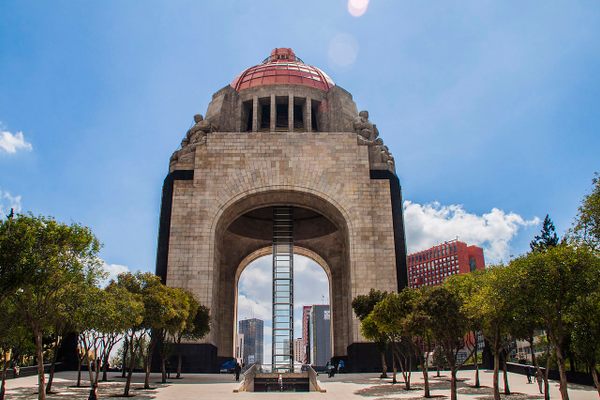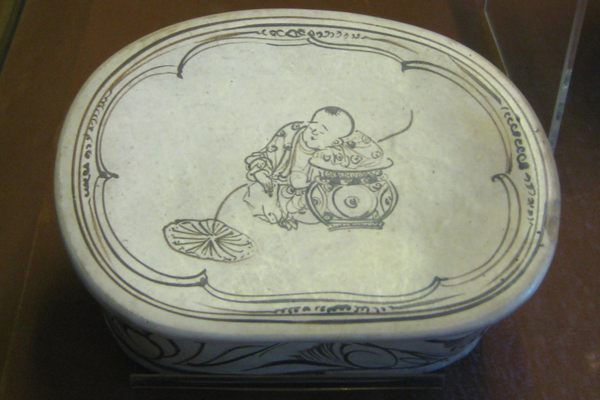About
Dr. Hastings Kamuzu Banda, the first President of Malawi, died on November 25, 1997. He was 99 or 101 at the time, depending upon which source you take his age from, and governed Malawi from 1964 to 1994. The honorific Ngwazi, meaning "hero" in Chichewa, was frequently affixed to the front of his name and is typically translated more grandly as "Great Lion." His mausoleum in the center of Malawi’s capital city, Lilongwe, is decorated with leonine imagery.
Walking the perimeter of the mausoleum, one can clearly read the four principles promulgated by the Great Lion advertised on outsized pillars gracing his sepulcher: Unity, Loyalty, Discipline, Obedience. A tad severe and perhaps ominous for a fledgling democracy to be sure, especially when one delves deeper into Banda’s biography.
Born circa 1898 in the British Central African Protectorate (later Nyasaland), Banda’s first name, Hastings, was taken from a favored Scottish Presbyterian missionary, John Hastings, and Kamuzu refers to an herbal fertility root administered to his mother. He was aided in his early life by the Methodist and Presbyterian churches, which sponsored his education in the United States and Scotland. A degree at the University of Chicago later led to two medical degrees, one from Meharry Medical College in Tennessee and the other from the University of Edinburgh.
His entry into politics was gradual. While practicing medicine, Banda was asked to represent the Nyasaland Congress in the U.K. Sidetracked by a scandalous affair with his receptionist (which may or may not have resulted in a child) and a seven-year stay in West Africa, he returned to Nyasaland in 1958 after 42 years abroad. Further hindered by the British government’s invitation to reformatory confinement for dangerous political activity, Banda eventually emerged as a national leader as the colonial period in Malawi ended in 1964.
Faced with pesky democratic annoyances like free elections, separation of powers, and human rights, Banda obviated these problems by simply ignoring them from the beginning of his administration. Starting with the barely concealed murder of opposition leaders, Banda proceeded to rule Malawi with an iron fist for 30 years. He issued autocratic decrees, including forbidding women from wearing trousers or baring their knees, dictating the length of hair for men, and outlawing young men from keeping their hands in their pockets while in public.
To the outside world, he was the kindly doctor (who wore a Homburg and brandished a fly-whisk) despite his full-throated support of the Vietnam War and South African apartheid. No one knows the true number of those jailed, disappeared, or outright executed by Banda and his government, but it likely runs in the tens of thousands. Today, as Malawi celebrates 30 years of multi-party democratic government, memory seems mercurial as the legacy of his inspiring personal story and corrupt political record sparks both nostalgia and fury.
Like the man himself, Banda’s mausoleum is multi-layered. Deep within the edifice is the Great Lion’s actual tomb, unseen and inaccessible to the public. On full view, however, is a becoming marble façade garnished with fresh flowers, noble sculpture, and inspirational narrative.
Related Tags
Know Before You Go
The mausoleum can be viewed at any time. Guides are typically on hand during the day and, unbidden, will escort visitors around the monument with the expectation of a tip which is strictly at the discretion of the visitor.
Community Contributors
Added By
Published
December 2, 2024


































